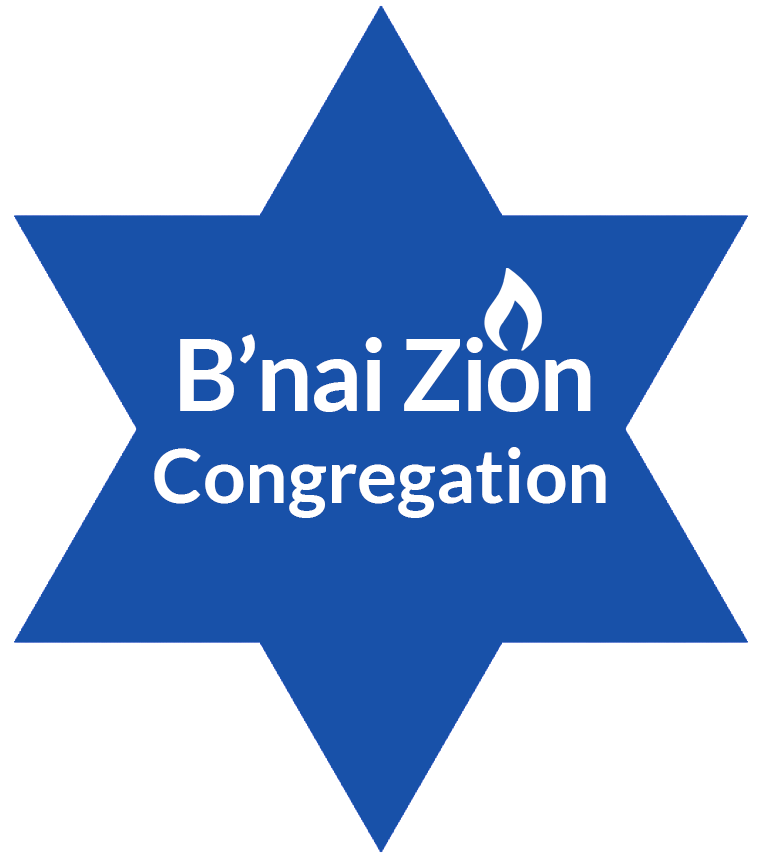Parshat Balak: The Tents
July 19, 2024
Numbers 24:5
מַה־טֹּ֥בוּ אֹהָלֶ֖יךָ יַעֲקֹ֑ב מִשְׁכְּנֹתֶ֖יךָ יִשְׂרָאֵֽל׃
How fair are your tents, O Jacob, Your dwellings, O Israel!
One of the few compliments given to the Israelites as they wander the wilderness comes from the unusual character of the prophet Bilam. This prophet, not Jewish but dedicated to God, was hired by Balak to curse the Israelites. Upon seeing them from a mountaintop, Bilam cannot curse them. Instead he is inspired to give them blessings, including the words above.
Our Rabbis wonder what Bilam saw in the tents of Jacob that made him exclaim these words. They teach that it wasn’t that the tents were made of fine linen. There was no gold or silver that adorned the entryways. Rather, these words were said after Bilam saw that not one opening of a tent faced another. No person could see into another’s tent. This does not seem like reason for praise, let alone lofty recognition from a prophet! But our rabbis were on to something.
The real treasure was that the Israelites had respect for each other. Sure, they complained to Moses and Aaron about the challenges of the desert. There was infighting and almost a rebellious coup, but we’re taught that amidst all of the disagreements they never lost sight of their shared humanity; not just their fellow Israelites’ basic right to privacy, but their basic responsibilities toward each other as human beings. So no, this is not a small thing. In fact in our own age of deep-seated differences, I’m sure we can understand better than most how this is a treasure indeed.
